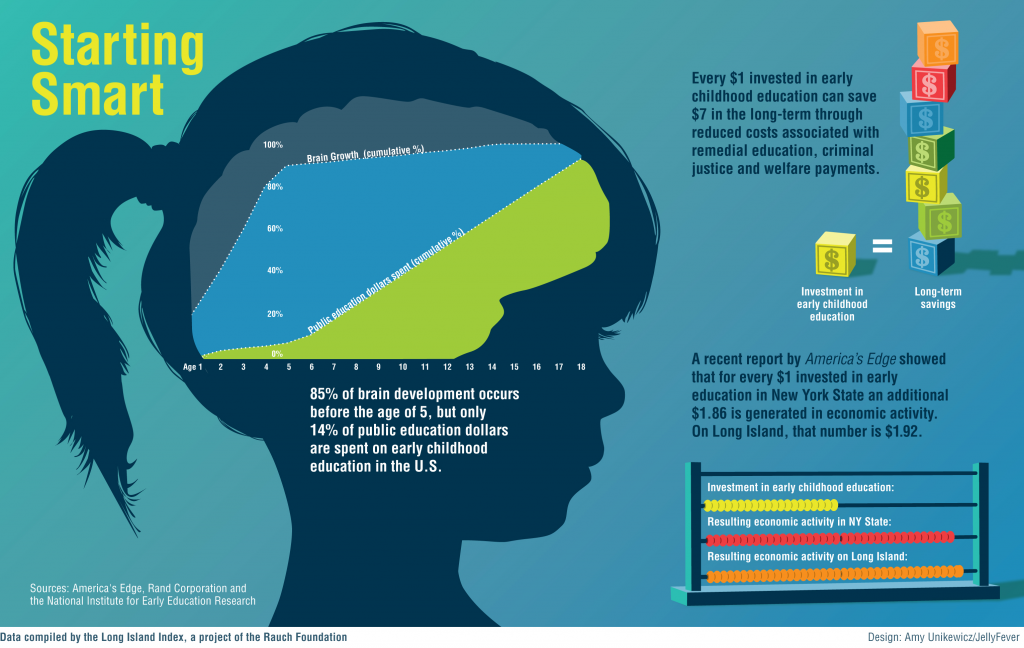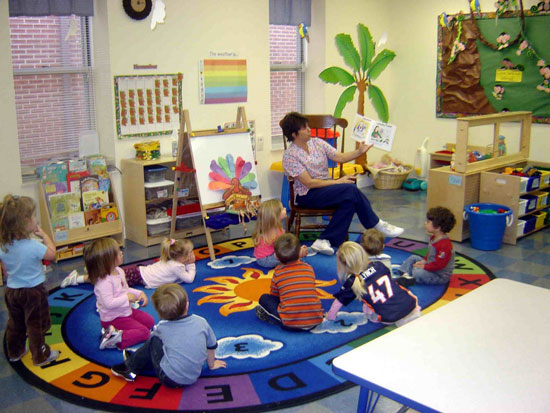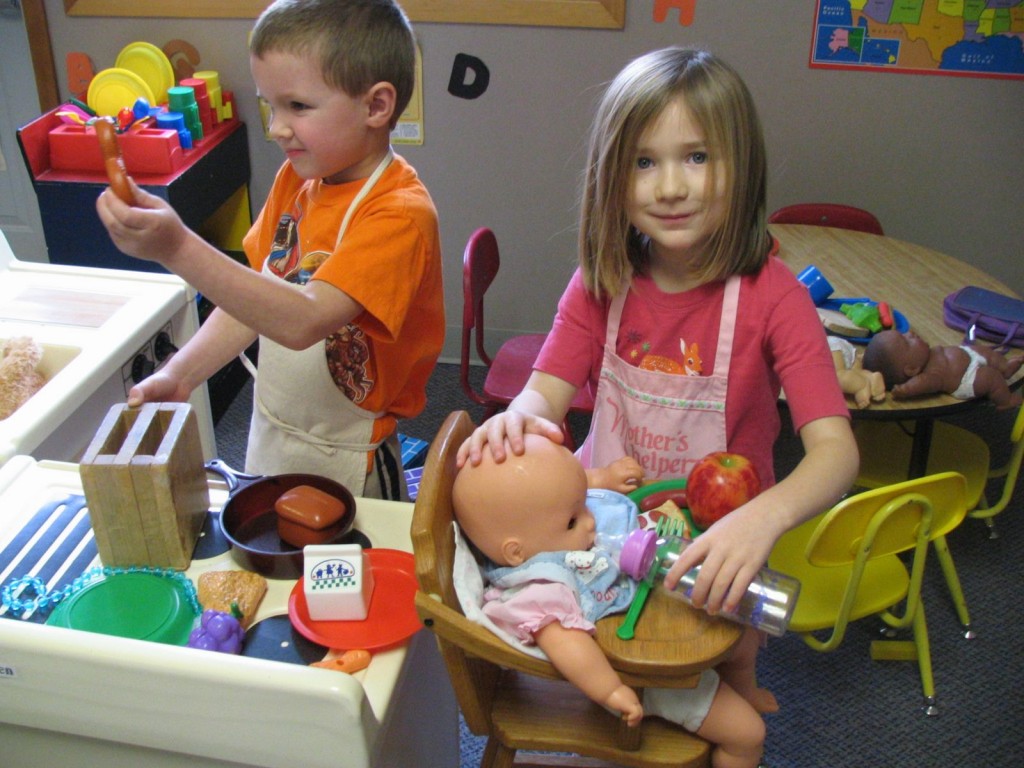Are They Ready for Preschool? What A Child Should Know
Children start preschool at all different ages. While they usually start at three or four years old, many start a little earlier and some will skip preschool all together. Children with special needs on an IFSP might start at three if they qualify for special education services and will likely need speech therapy, occupational, physical or other services. If your child is not on an IFSP and you are deciding whether they should start, consider the value of preparing your child for kindergarten, the social and the academic benefits of preschool. A good set of skills to have before preschool include:
Attention: Children in the preschool setting need to be attentive to the teacher and their surroundings. They must remain at circle time or other locations as directed and follow the instruction of the teacher. A great way to prepare is to enroll your child in a small group activity – like Music Together classes, events at Gymboree or story time at the local library. At these activities, be sure to remind your young one to follow the directions of the teacher and try to give them space and guidance to do so. Don’t rely on having to repeat the instruction to your child but encourage them to listen carefully.
Attachment: The preschool drop-off can be difficult and anxiety provoking if children are unable to detach easily and transition to new environments. Prepare your child ahead of time by visiting the preschool and familiarizing them with new teachers and staff. Discuss the upcoming change ahead of time and always remind them that “mommy [or daddy] will be coming back after school.” Prepare for this by sneaking away from group activities you already do – like at dance or t-ball practice. Don’t go to far but let your child know you will be leaving them with the teacher for a bit and will return.
Self Sufficiency and Independence Skills: At the time they start school, preschoolers should be toilet trained, able to feed themselves properly with utensils and put on articles of clothing such as a jacket. They need not zip it but should be able to put it on.
Gets along well with other children: A key part of preschool is the development of social skills. Skills that are crucial include gross motor games, turn taking, negotiating play schemes or participating in activities cooperatively. If your child is an only child, consider scheduling play dates and providing structured activities such as easy preschool games or arts and crafts. Direct the activity by encouraging each child to wait their turn and share materials. If your child has meltdowns or tantrums, it’s best to address these issues before school starts. They should have a healthy way to express disappointment, anger or frustration when they enter school.
Language: A typical preschooler should communicate in multi-word sentences. The vocabulary of preschoolers can vary dramatically- from mommy and daddy to dinosaurs and vehicles names. However, it is normal to expect a child should use about 250-500 words at the age of three. Here are some language milestones you can expect in the preschool years from the American Speech Language Hearing Association (ASHA).
Age Three – Four Years:
- Talks about activities at school or at friends’ homes.
- People outside of the family usually understand child’s speech.
- Uses a lot of sentences that have 4 or more words.
- Usually talks easily without repeating syllables or words.
- Answers simple “who?”, “what?”, “where?”, and “why?” questions.
- Might know some colors and letters of the alphabet





